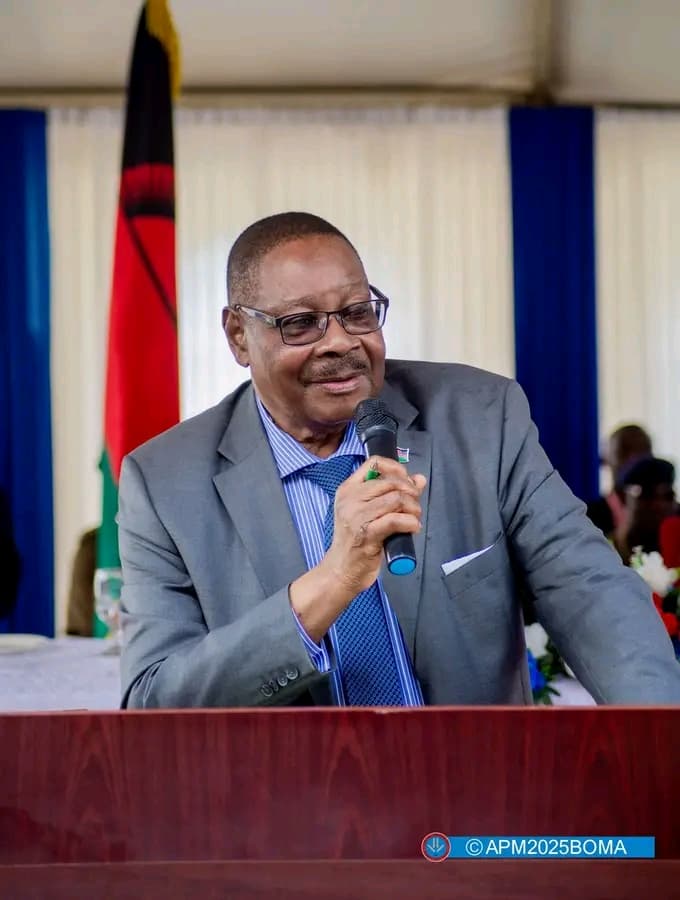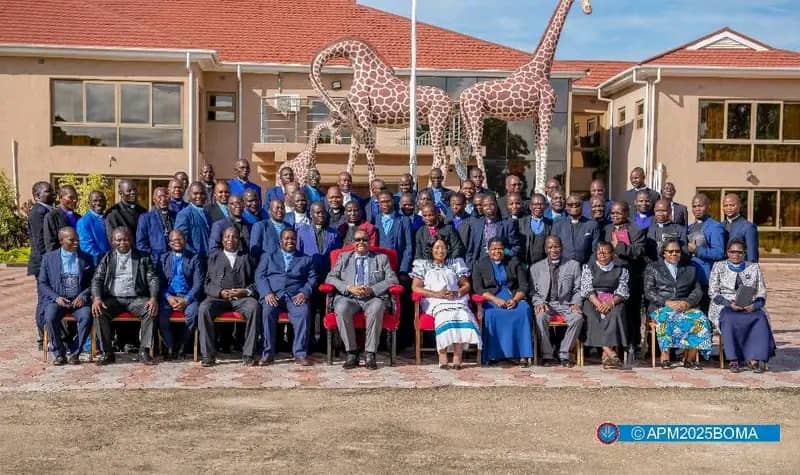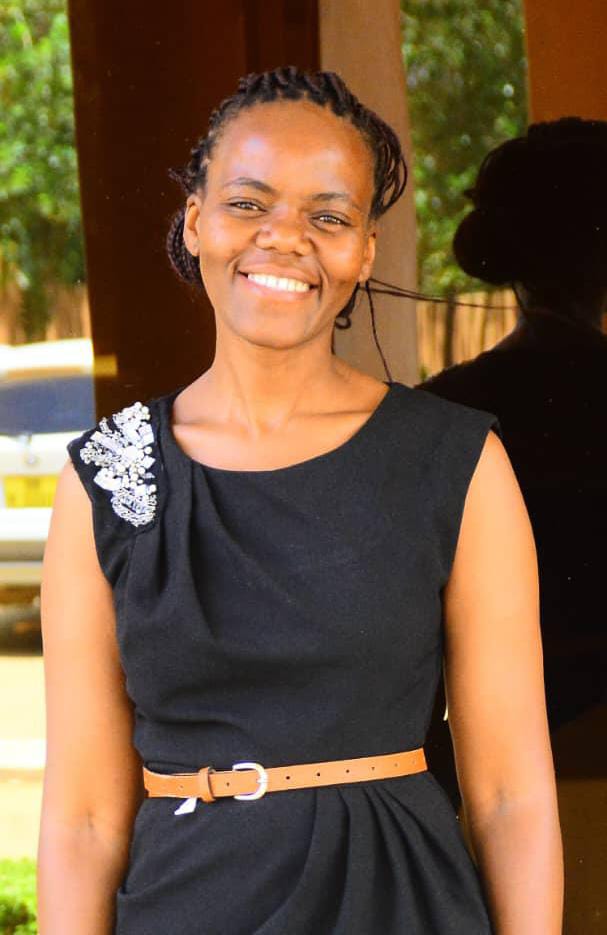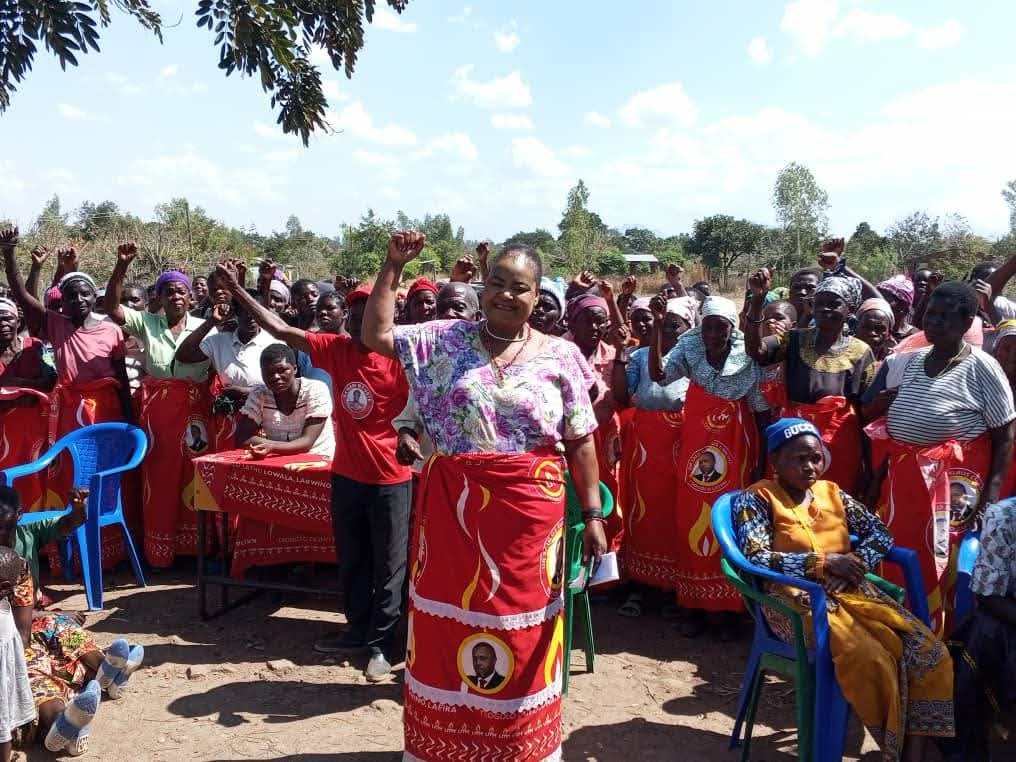By Burnett Munthali
A newly released audio clip, which began circulating on social media on Saturday, February 22, 2025, has sparked fresh controversy in Malawi’s political landscape.
The recording, allegedly made by outspoken activist Bon Kalindo, popularly known as “The DC” in his online broadcasts, accuses government officials of paying off the Blantyre Synod to publicly criticize former President Professor Arthur Peter Mutharika.

In the audio, Kalindo claims that certain cabinet ministers and senior ruling party officials have been instructed to deliver cash payments to leaders of the influential church body.
The alleged purpose of these payments is to elicit statements aimed at discrediting Mutharika’s leadership and tarnishing his legacy.
According to Kalindo, this is part of a larger strategy designed to weaken Mutharika’s political influence and block his potential return to power in the next elections.
“These government officials have been sent to bribe the Blantyre Synod, persuading them to speak against Mutharika,” Kalindo alleges in the recording.
“They are desperate to damage his reputation because they know Malawians still have faith in his leadership.”
The accusations have sparked intense debate, with some questioning the credibility of Kalindo’s claims, while others demand an official response from both the government and the Blantyre Synod.
Political analysts suggest that if the allegations are true, they reveal a concerning trend of using religious institutions as instruments for political manipulation.
Despite the seriousness of the claims, the Blantyre Synod has yet to issue a response.
Likewise, government officials have remained silent on the matter, further fueling public speculation.
Kalindo, a well-known critic of the current administration, has previously made similar accusations, often positioning himself as a defender of democracy and justice.
However, his critics argue that his approach is sometimes provocative and that his allegations frequently lack concrete evidence.
As Malawians await responses from key stakeholders, the controversy highlights the growing political tensions leading up to the next elections.
If proven true, the alleged bribery scheme could severely damage the ruling party’s credibility and deepen divisions in the nation.
Conversely, if Kalindo’s claims turn out to be false, questions may arise about the role of political activists in spreading misinformation for personal or political gain.
Regardless of the truth, the unfolding controversy has reignited discussions on the ethical boundaries between politics and religious institutions.
Many Malawians are now calling for greater transparency and accountability from all parties involved.




